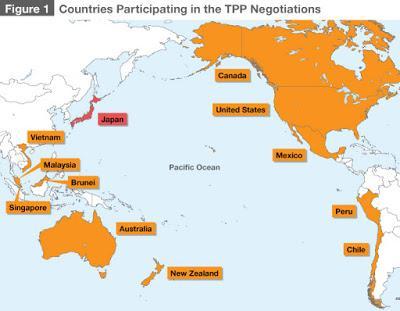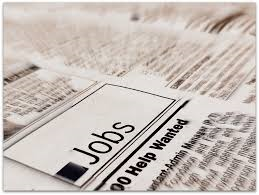As we all have heard, Donald Trump's winning the US presidential election was quite a shock to most people. It was a shock because people are afraid he will do drastic changes to policies affecting trade around the world which causes instability.
Just last week, President Obama backs off Pacific trade deal vote effort, which is known to us as the Trans-Pacific Partnership or TPP. This is an important trade deal and if it does not come true, it could be a big set back. In October this year, PM Lee warns of harm to US' standing if TPP isn't ratified. The TPP, co-founded by Singapore, aims to create a giant free-trade zone and give the 12 countries access to 800 million consumers, representing one-third of global trade. It is a key thrust of the US' foreign policy in Asia aimed at balancing China's rising influence in the Asia-Pacific. There have been lots of talks during the APEC summit in Peru where details are still being sorted out for the trade pact.

There are many questions to how the world will change. In particular for us in Singapore, how will it affect us? Singapore is a small country and we have depended on trade to survive for the longest time now. If trade is affected, some jobs in Singapore may be lost. We may find ourselves unemployable as jobs we are familiar with begin to disappear.
LinkedIn published a report on the most in-demand skills in 2017 globally. It was quite interesting to see what kind of jobs are in demand now and you'll be surprised a lot are in fairly new areas.
Here are the hottest, most in-demand skills around the globe according to LinkedIn:
1. Cloud and Distributed Computing
2. Statistical Analysis and Data Mining
3. Web Architecture and Development Framework
4. Middleware and Integration Software
5. User Interface Design
6. Network and Information Security
7. Mobile Development
8. Data Presentation
9. SEO/SEM Marketing
10. Storage Systems and Management
From what I see, the jobs that are in demand have changed quite a lot from the past. Most of the skills are not even taught in our traditional schools which we graduated from. I understand why cloud computing and statistical analysis are at the top. These 2 skills are very important for the future technologies which will be the forefront of what is to come globally.

Even in Singapore, we are embarking on many technology changes to increase productivity and also the smart nation project. The recent forming of the Government Technology Agency of Singapore (GovTech) also shows how serious the government is in future technologies.
More data analysts will be needed as we will have more data in the future in our super connected world. Data is a resource which can be used to generate new business and profits and economic growth for the country. Cloud computing will change how we do business as hardware becomes virtualised in the cloud.
The labour movement in Singapore, NTUC, leveraging on its extended network of partners, also announced that they will set up a new unit next year to identify work opportunities of the future to help better match workers to up-and-coming jobs. The first five sectors they will start pilot projects in by 2019 are financial services, infocomm technology and media, precision engineering, healthcare and education. This seems to send a signal that these sectors will see increased demand in Singapore for the many years to come and that workers should continue to upskill to remain relevant and future ready.
Singapore's non oil domestic exports sinks 12 percent in October as reported just last week. This is not good news for the Singapore's economy as US is more likely to shrink trade further. I've never been through a bad recession in my life since I started working. The closest was the European sovereign debt crisis which was averted because help was rendered out to the few troubled nations. I've heard of people being retrenched and even hear from my colleagues that my company freeze annual increments and decrease bonus payouts when times were bad back then.
Are you ready for the new era? Are your skills ready for the future? In this dynamic economic climate, it bodes well to ask yourself if you are adequately prepared for technological disruptions that might take away your job.
or follow me on my Facebook page and get notified about new posts.

